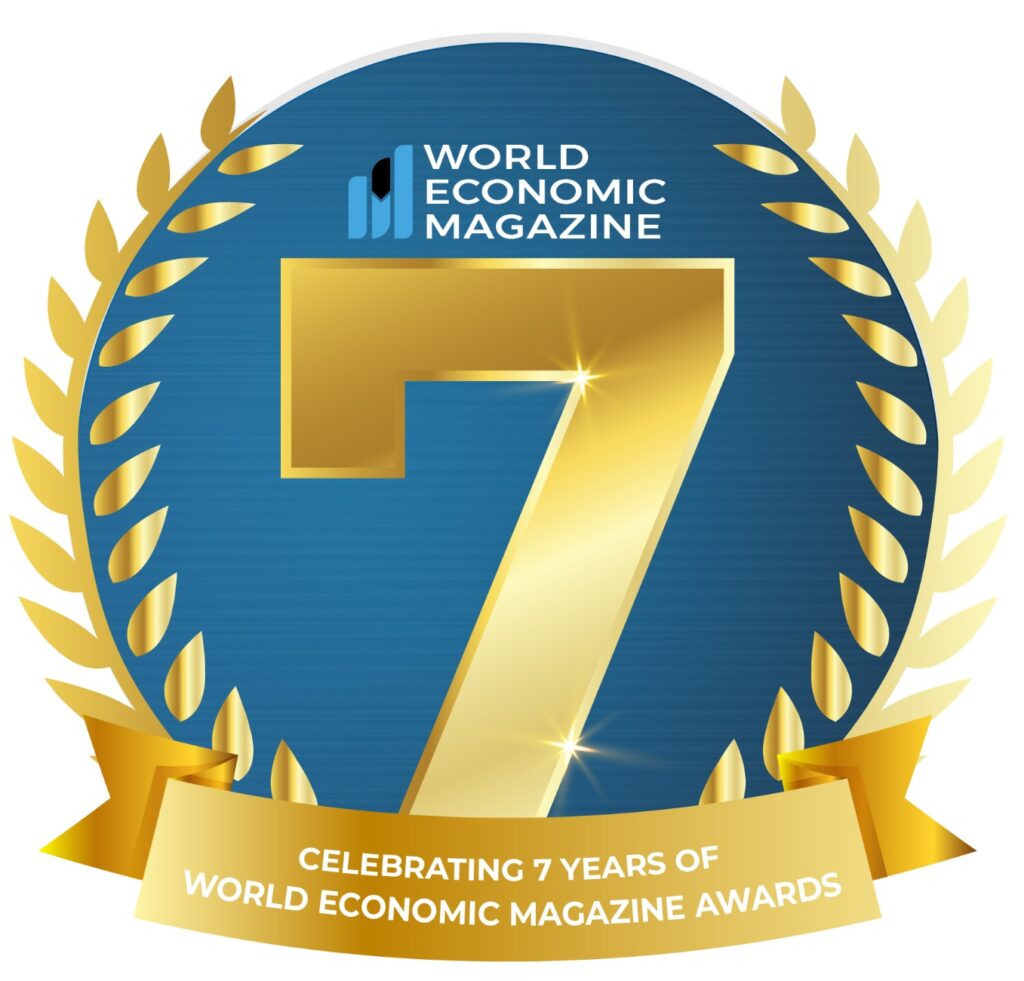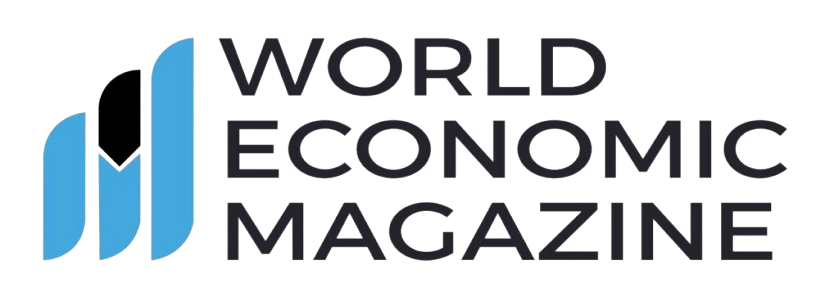

Tokenized Assets: A New Path to Financial Inclusion in Latin America
Asset tokenization is set to revolutionize Latin America‘s financial landscape, according to a joint white paper published on January 21 by Mastercard and Ava Labs, the company behind the Avalanche blockchain. The report highlights the potential of blockchain-powered tokenization to enhance financial systems, reduce inefficiencies, and foster economic inclusivity in a region where financial access remains a significant challenge.
Understanding Asset Tokenization
Asset tokenization is the process of converting physical or non-physical assets into digital tokens using blockchain technology. These tokens represent ownership or rights over the asset and can be traded, transferred, or utilized on blockchain networks. The Mastercard-Ava Labs report identifies tokenization as a promising approach to:
- Boost transaction and settlement speed.
- Enable fractional ownership.
- Minimize risks associated with traditional financial systems.
Addressing Latin America’s Financial Gaps
Latin America (LATAM) is characterized by a high percentage of unbanked populations. According to recent statistics, a significant portion of the region’s residents lack access to traditional financial services. Asset tokenization offers a viable solution by democratizing access to capital markets and enabling broader participation in the financial ecosystem.
Through blockchain-based solutions, tokenization can lower entry barriers, allowing individuals to participate in asset ownership and financial opportunities that were once out of reach.
| Challenges in LATAM Finance | How Tokenization Helps |
| High unbanked population | Enables direct participation in financial markets |
| Limited trust in financial systems | Improves transparency and accountability |
| Complex and siloed systems | Streamlines processes and reduces inefficiencies |
Socio-Economic Benefits of Tokenization
Tokenization is more than a technical innovation—it can transform societal structures by fostering transparency and trust in economies often hampered by corruption and inefficiency. The ability to fractionalize ownership is particularly impactful in LATAM. For instance, individuals can own portions of high-value assets like real estate without needing substantial upfront capital.
Additionally, tokenized assets can integrate seamlessly with decentralized finance (DeFi) platforms, unlocking opportunities such as borrowing, lending, and trading. This integration enables a more inclusive and dynamic financial system.
Overcoming Systemic Inefficiencies with Blockchain
The report emphasizes that traditional financial systems in LATAM are often siloed and reliant on manual processes, leading to delays, high costs, and inefficiencies. Blockchain technology addresses these challenges by:
- Simplifying asset transfers: Transparent ownership tracking and automated processes streamline the transfer of assets like real estate or securities.
- Enhancing trust: Blockchain’s immutability ensures that all transactions are verifiable and tamper-proof.
- Reducing costs: By eliminating intermediaries, tokenization can significantly lower transaction fees and associated costs.
The Role of Major LATAM Markets
Countries like Brazil, Argentina, and Mexico are among the global leaders in crypto adoption, making them ideal for piloting asset tokenization initiatives. However, regulatory uncertainty remains a critical hurdle.
The Mastercard-Ava Labs report underscores the need for governmental support to fully realize the benefits of tokenization. Policies encouraging blockchain innovation, clear guidelines for crypto assets, and collaboration with the private sector can help LATAM lead the charge in financial transformation.
| Top Crypto-Adopting Countries in LATAM | Global Ranking |
| Brazil | Top 10 |
| Argentina | Top 15 |
| Mexico | Top 20 |
Tokenization’s Potential Beyond Finance
The benefits of tokenization extend beyond financial inclusion. Tokenized assets can reshape industries such as healthcare, supply chain management, and intellectual property. In LATAM, the potential to tokenize agricultural assets, renewable energy projects, and government bonds could provide additional avenues for economic growth.
Challenges Ahead
Despite its promise, tokenization faces obstacles:
- Regulatory uncertainty: Governments must establish frameworks to regulate tokenized assets effectively.
- Technological complexity: Developing interoperable systems is crucial to ensure widespread adoption.
- Public awareness: Educating the population about the benefits and security of tokenized assets is vital for adoption.
The Road Ahead for LATAM
For Latin America, asset tokenization represents a significant opportunity to bridge economic gaps and empower millions of people. As Mastercard and Ava Labs highlight, leveraging blockchain technology can unlock new possibilities for individuals and businesses alike.
However, success hinges on collaboration between private enterprises, regulators, and local communities. By addressing existing challenges and fostering innovation, LATAM could position itself as a global leader in the tokenization revolution.
In a region where financial inclusion is both a challenge and an opportunity, tokenized assets offer a beacon of hope, signaling the dawn of a more equitable and efficient economic system.




